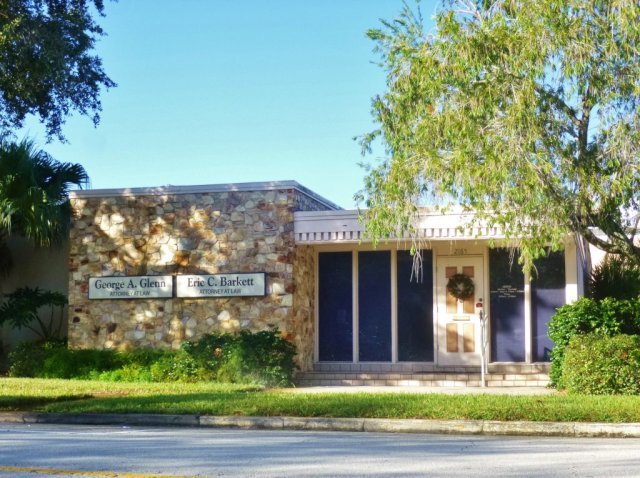
Estate & Trust Litigation
During the probate process, the estate of a deceased and the assets of the estate may be distributed to many different individuals. Creditors may make claims based on old or outstanding debts, beneficiaries may be named in a will, and other individuals may submit that they have a right to some part of an estate. Disputes may arise among these different individuals and other interested parties or family members may dispute the validity of any or all claims. These various contests can often give way to probate litigation.
Will contest. If the will was not created properly or there is reason to believe that someone exerted undue influence on the testator, it may be necessary to file suit in probate court to have the will invalidated.
Determining heirs. If the deceased has left no will or estate plan and had little contact with family members, you may need to engage in litigation to identify the rightful heirs. This is especially common when paternity or maternity needs to be proven for unacknowledged children.
Breach of fiduciary duty. A probate administrator has a number of legal and financial obligations while managing the distribution of the estate. Failing to uphold these responsibilities may result in the administrator being removed.
Homestead. The Florida constitution both protects homestead property from creditors and restricts the manner in which it can be devised. The creditor protection extends to the heirs of law of the decedent. The constitution prohibits the devise of the homestead if the decedent is survived by a spouse or minor child. Proper estate planning and knowledge of alternatives available upon a decedent’s death are essential in devising homestead property. If estate planning is not structured properly, the homestead can be subject to creditor claims and distributed to unintended beneficiaries, and create a life estate or co-tenancy trap in the surviving spouse.
Elective share and other statutory rights. Florida has established complicated provisions providing a surviving spouse with the right to elect to take under the Estate Plan of the decedent or 30% of the decedent’s estate as defined by statute. If done properly, the decedent spouse can avoid the statutory provisions and disinherit the surviving spouse. In all situations, both parties should secure experienced legal representation. The surviving spouse may also assert rights to exempt property, a family allowance and other statutory rights. Most of these rights must be asserted within a specific time frame or will be waived. In almost all situations where the surviving spouse is not the personal representative, the surviving spouse should retain his or her own attorney in the proceeding.
Undue influence: Probably the most common probate litigation in the State today, many challenges involving probate and estate administration center on whether an individual may have undertaken undue influence to receive a benefit from someone who has now passed. That undue influence may be found by a decedent amending their Last Will & Testament, modifying the terms of a revocable trust, or even relate to a gift made during the individual’s life. Not every modification or change to an estate plan that names new beneficiaries are procured from undue influence, but it is important to understand changes, especially those that occurred later in life, to make sure a loved one was not unduly influenced in their decision making.
Request A Consultation
Practicing in Indian River County for over 35 years. Contact us for a consultation today!

Law Offices of Glenn & Glenn
2165 15th Avenue
Vero Beach, FL 32960
Phone: (772) 569-0442
Fax: (772) 567-5097
